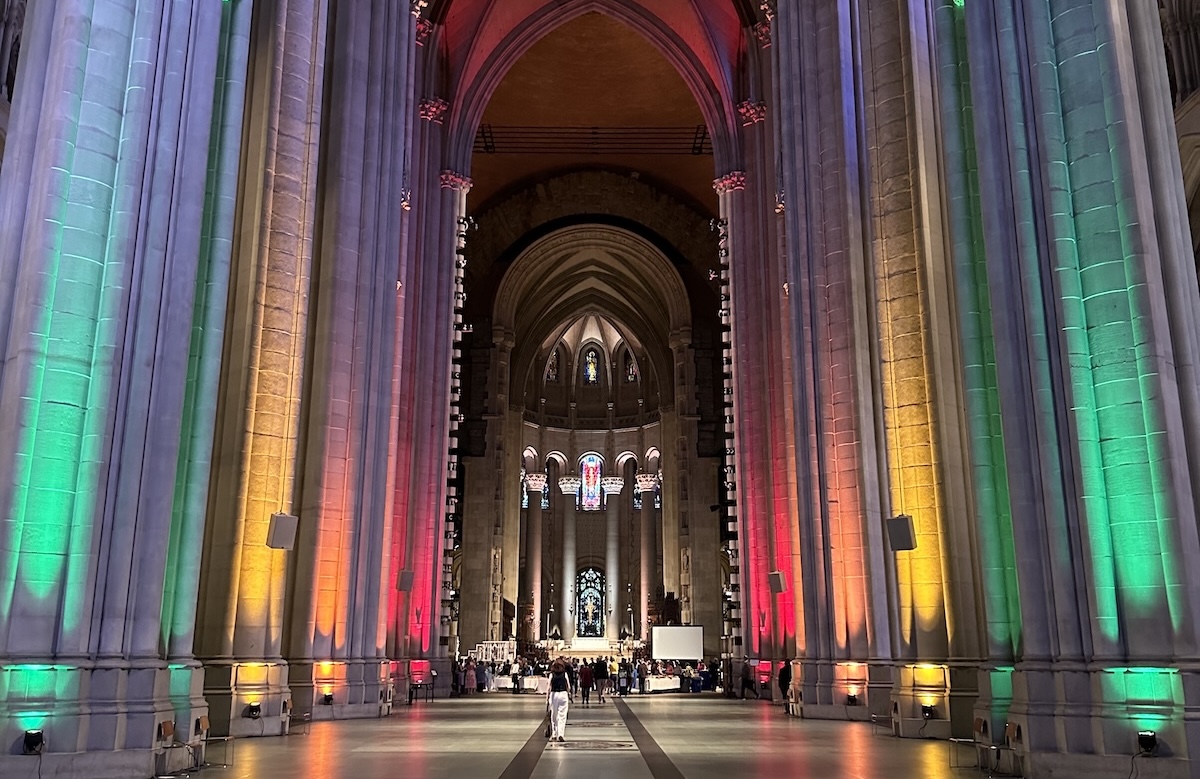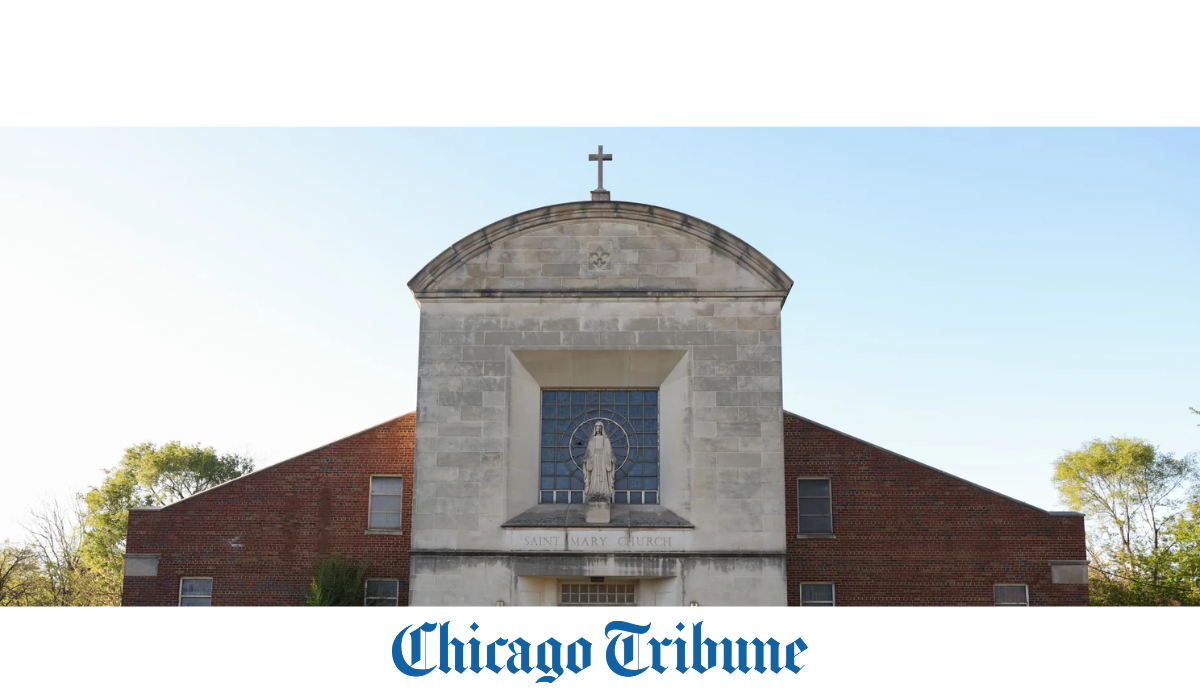The First Council of Nicaea, convened in 325 AD by the Emperor Constantine I, inaugurated an enduring paradigm not only in ecclesial administration but also in church identity. The Council’s processes and conclusions remain broadly normative with regard to church polity and the limits of Christian diversity. Given that Nicaea took place at a time of remarkable religious pluralism and diversity and was convened in response to the disputes over “what is the Church” within that context, that early ecclesial reality shares an important resonance with our current historical moment. The purpose of 16th International Ecclesiological Investigations Conference (co-sponsored by Graymoor Ecumenical & Interreligious Institute) is to pose the questions: In what ways does Nicaea continue to shape how we configure the Church today, with what opportunities and at what cost?
The Call for Papers is now live on the Thessaloniki 2025 website, along with much more information about the gathering, its organizers and sponsors, its keynote speakers, and its para-conference activities in the global cultural capital of Thessaloniki (including a boat tour of the Athos Peninsula).


